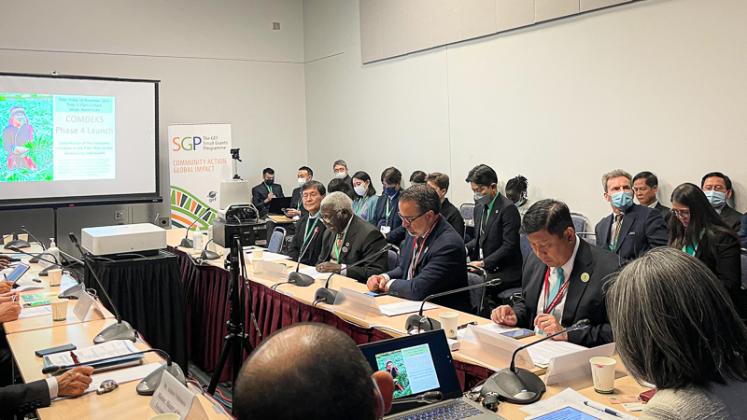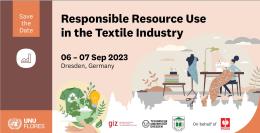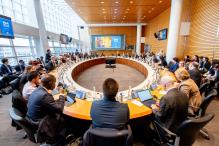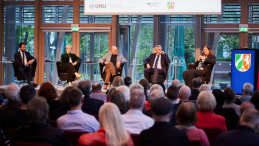As part of the UN Biodiversity Conference (CBD COP15) in Montreal, UNU-IAS co-hosted a side event on 16 December 2022 to launch the fourth phase of the Community Development and Knowledge Management for the Satoyama Initiative (COMDEKS). A flagship programme of the International Partnership for the Satoyama Initiative (IPSI), COMDEKS promotes sustainable use of biodiversity and natural resources within local communities through small-scale project financing. The event was organised in partnership with UNDP; Global Environment Facility (GEF); GEF Small Grants Programme (GEF-SGP), Ministry of Environment, Japan (MOEJ); and the Secretariat of the CBD (SCDB).
Akihiro Nishimura (Minister, MOEJ) highlighted that MOEJ had supported the first three phases of COMDEKS with funding of USD 10.5 million through the Japan Biodiversity Fund. He announced that MOEJ would provide JPY 700 million to fund phase four of the programme. Keiji Nishizawa (Chairman, Keidanren Committee on Nature Conservation (KCNC)) stated that KNCN would support COMDEKS and UNDP with JPY 300 million over the next six years.
Ministers Say Samal (Minister of the Environment, Cambodia) and Gustavo Manrique Miranda (Minister of the Environment, Water and Ecological Transition, Ecuador) thanked COMDEKS for its work in local communities in Cambodia and Ecuador. In addition to addressing social needs such as health and nutrition, COMDEKS helped to create environmentally conscious populations.
Samba Thiam (Senior Policy Development Advisor, UNDP) noted that the targets of the post-2020 global biodiversity framework (GBF) would not be met without reimagining biodiversity conservation and achieving a more balanced relationship with nature that is less exploitative. He highlighted that the Satoyama Initiative contributed nature-based solutions through its work on socio-ecological production landscapes and seascapes (SEPLS).
Alfred Oteng-Yeboah (Chair, IPSI) called for a comprehensive overview of all available financial resources to fill gaps and create integrated financial systems that mainstream biodiversity conservation. Tsunao Watanabe (Senior Programme Coordinator, UNU-IAS) noted that IPSI would revise its Plan of Action to contribute to the GBF and the UN Decade on Ecosystem Restoration by developing new priority actions including ecosystem restoration, area-based conservation measures, policy and capacity development, and creating market mechanisms that support SEPLS. He expressed his hope that COMDEKS would also incorporate IPSI’s new priority actions into its framework and deepen collaboration between international agencies and MOEJ.
About COMDEKS
Since 2011, COMDEKS has been contributing toward the realisation of societies in harmony with nature, as defined by the vision of the Satoyama Initiative. Active in 20 countries around the world, the programme has been providing small grants to local organisations to help maintain and rebuild socio-ecological production landscapes and seascapes (SEPLS), areas where people have a symbiotic relationship with ecosystems. More information is available on the COMDEKS website.





